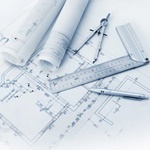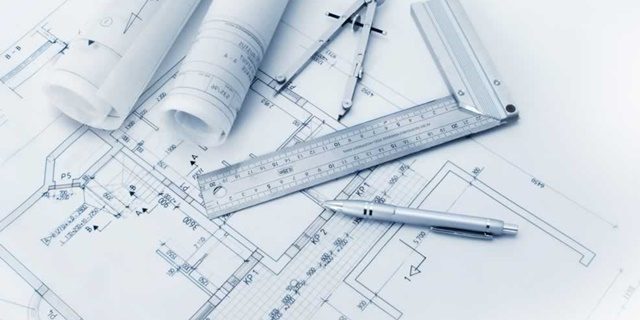
1. What is it?
Technical translation refers to the translation of items and materials from the scientific and technological domain produced by technical writers. These types of texts will relate closely to the technology, scientific and technological subject field. The process of technical translation predominately involves the translation of key specialist terms because the technical linguist is a specialist in the document field.
2. The types of documents which require this type of translation
From a general viewpoint, this may include user manual and user guides. Others include engineering specifications, safety data sheets, scientific papers and patents. The product specification sheets for computers, hygiene and safety procedures apply here too.
3. What sorts of industries need technical translation?
Since this type of translation relates to medical, machinery and software, the demand for it remains evident for some key businesses. This includes manufacturers from sectors such as automotive, smartphone, IT, aviation, toy, military and other diverse industries. Technical translation becomes a possibility for any specialist business who wishes to expand in foreign markets.
4. What makes a technical translator distinct?
In comparison with other translation specialists, a technical translator will have an exceptional command of source and target languages. They will also have extensive linguistic knowledge related to scientific, engineering or medical fields. For this, these language specialists are required to obtain specialist certification in the said field. The priorities include accuracy, consistency and clarity. Such specialised translations need to be carefully revised because of the health and safety risks they pose if the target language information is incorrect. Without input from the technical translator, the information risks being misinterpreted by the user and this could create a health and safety risk.
5. Demands in the market
One may adopt technical translation due to the need for compliance with standards both locally and internationally. Any specialist company who wishes to expand globally will need to consider translation and localisation. This is where technical language experts come in. With a deeper understanding of nuances in the target market laws, the documentation will legally tick all the boxes to authorise translations.
Another reason relates to nuances in culture between language pairs. Technical translators are experts in regard to this. They are fully aware that language presented in a particular manner in one language may appear to be rude or awkward in another. The outcome is the ability to manually provide instructions in a natural way in the target language.
6. Some of the challenges and peculiarities surrounding this translation domain
One key challenge posed to technical translation is the presence of technical knowledge. This is because specialised projects and documentation will require a high level of subject knowledge.
Another issue is that of style. Within this type of translation, translation style is paramount. Therefore it needs to uphold the tone of the document submitted for translation. The intended purpose is that the user can effectively operate a device with the help of the instructions in these manuals. This is challenging to convey and thus remains a top priority for these types of linguists.
One final matter is the legal aspect to technical translation. Errors which occur in such technical documentation have serious repercussions. These may include financial loss, property damage and even loss of life. These can be a consequence of mistranslations of patents, medical documents or machinery user manuals for whatever reason.
Technical translation remains a vital service, and will be relevant to many industries to some degree. While it is more costly in comparison with other translation services, it will certainly add value and help evade potentially expensive mistakes.
********************************************************
Sources:







